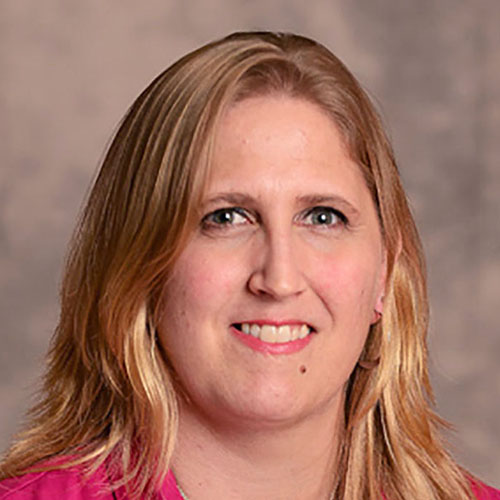The American Society for Clinical Laboratory Science
The mission of ASCLS is to make a positive impact in health care through leadership that will assure excellence in the practice of laboratory medicine.
ASCLS Believes:
Quality laboratory service is essential to quality health care.
Competent, credentialed, laboratory professionals are the foundation to quality laboratory medicine.
Everyone deserves access to safe, effective, efficient, equitable, and patient-centered healthcare, and
Advancing the laboratory profession advances health care.
Core Values:
Ensuring safe, accurate, efficient, appropriate and cost effective laboratory services is a component of quality
Defining the characteristics of competent personnel within the profession and providing professional development opportunities so that practitioners can maintain competency are essential roles of a professional association
Enabling laboratory professionals to function at their highest level of competence will contribute to cost effective health care
Promoting diversity supports the delivery of quality laboratory service
Taking a leadership role in standard and policy setting is a core professional responsibility
Advocating for quality within the laboratory is essential to the assurance of quality health care delivery
(From
http://www.ascls.org/about-us/mission-vision-statement)
American Association of Blood Banks
Mission
AABB advances the practice and standards of transfusion medicine and cellular therapies to optimize patient and donor care and safety.
Vision
AABB will be the pre-eminent knowledge-based organization focused on improving health through advancing the science and practice of transfusion medicine and cellular therapies.
Core Values
AABB will fulfill its mission and vision through adherence to its core values:
the pursuit of excellence
focus on the patient and donor
integrity
transparency
consensus building
innovation
(From
http://www.aabb.org/about/Pages/default.aspx)
Association of Zoo Veterinary Technicians
The Association of Zoo Veterinary Technicians (AZVT) is dedicated to all aspects of quality veterinary technical care in the field of zoo animal medicine. We believe this is accomplished through the sharing of ideas, improving techniques and contributing to conservation.
Our commitment is to: promote and improve professional standards among zoo technicians.
maintain a cooperative working relationship with other zoo professionals.
provide a forum for the presentation and exchange of information, challenges, and methodology encountered in the field of zoo veterinary technology through a quarterly newsletter, annual, and regional conferences.
encourage the recognition of the importance of the veterinary technician's role in zoo veterinary medicine, scientific study, and conservation.
educate the public, increasing the appreciation of the bond between human beings and all life on earth.
(From
http://www.azvt.org/)

